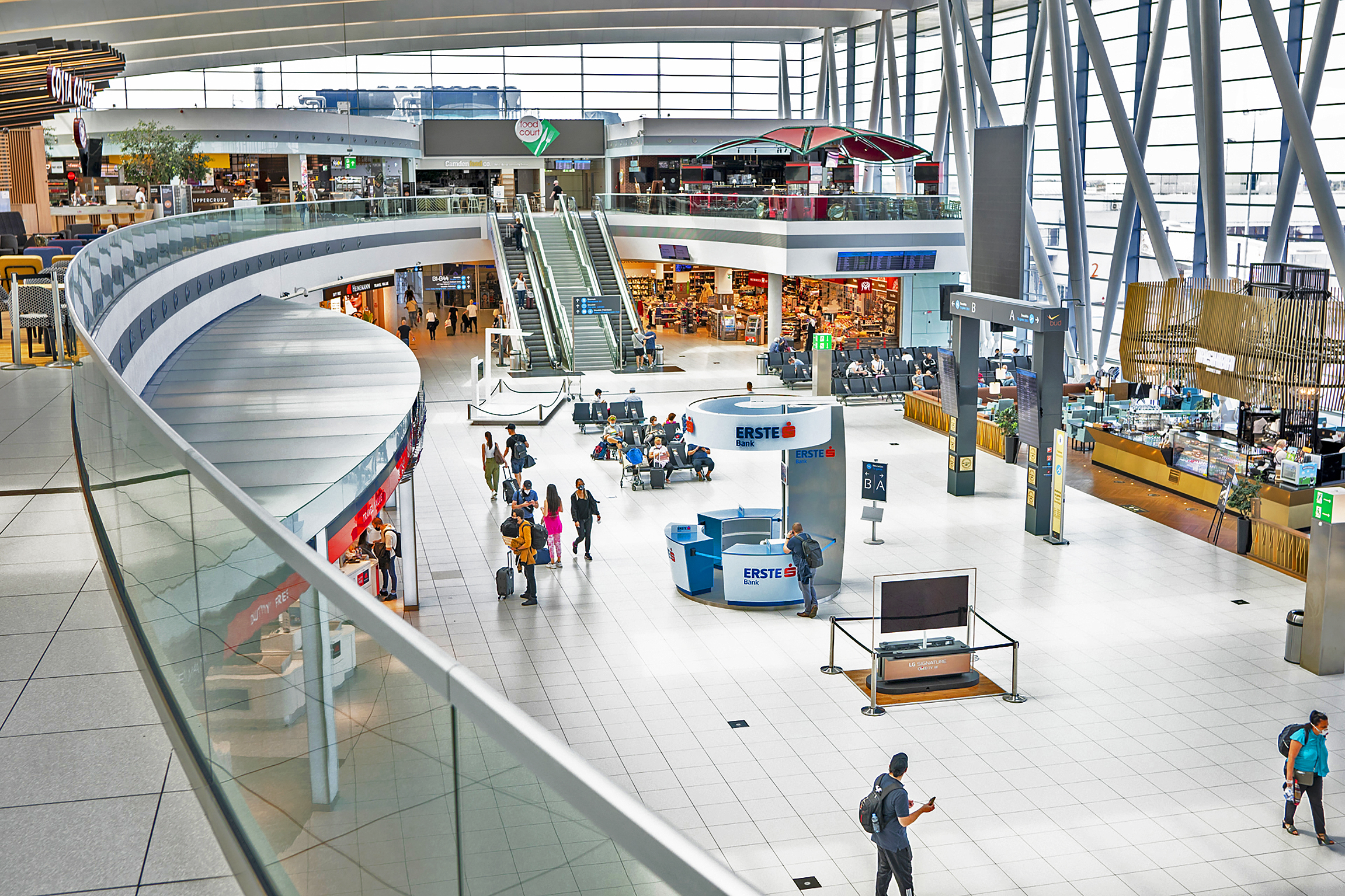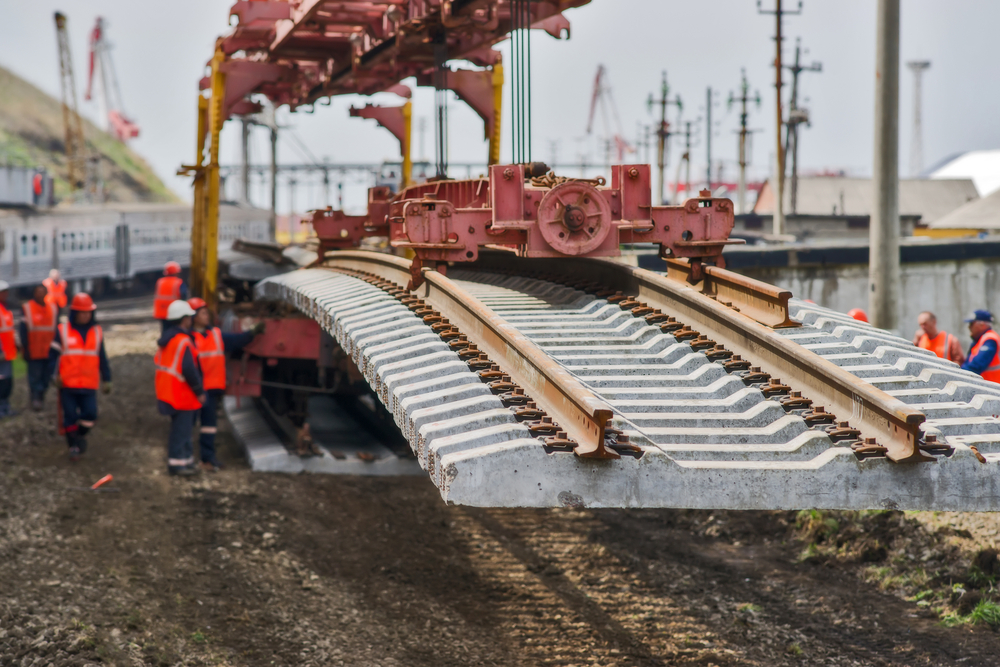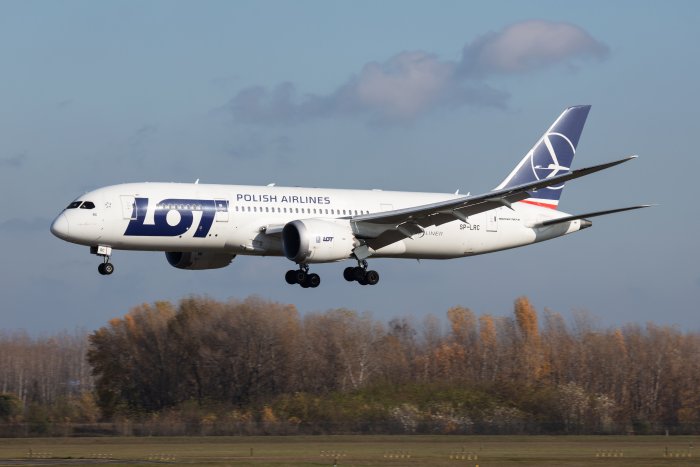Finding the Key to Mobility Solutions of the Future

András Kárpáti
The Budapest Business Journal talks with András Kárpáti, the president of Hungary’s Future Mobility Alliance, about sustainable corporate transport solutions, micromobility, and more.
BBJ: The right combination of efficiency, cost optimization and sustainability are vital to the success of any business. How can companies optimize costs while implementing green mobility solutions, and how can the alliance help them?
András Kárpáti: The Future Mobility Alliance helps members and those seeking our professional advice with a knowledge base and a toolbox of experience that presents a wealth of practical, immediately applicable solutions. The aspects can work simultaneously; it is a misconception that sustainability is an extra cost burden. Efficiency and cost optimization go hand-in-hand because, to use a hackneyed phrase, time is money. Those who build their daily lives efficiently are less stressed, can focus more, and end their days with more sense of achievement. That is the privilege of motivated employees over the long term, which also goes hand-in-hand with a high level of well-being.
BBJ: How does one make company cars more sustainable?
AK: In many cases, a company car is not only a work tool but also part of the benefit package, as the employer may offer it for private use. However, it is not certain that a large car is something an employee needs every day. Of course, the trunk of a compact car will not be sufficient for a two-week family holiday, but the extra space is likely to be used only for two-to-four weeks a year. We have a partner where half of a fleet of 12 diesel estate cars has been replaced by compact, fully electric vehicles of the same make (so the fleet discount is not lost). Most employees use the cars within the city, the company can charge these vehicles at its premises and during holidays, employees traveling with their families can take the estate cars. For those allowed to keep their estate cars, the only condition was that they swap cars a few times a year with those going on leave.
The key to making systems work is predictability and design. Sometimes, certain constraints are needed to operate more efficiently. Transport options and mobility solutions are no exception. The alliance can help design and implement such systems, including customized approaches.
BBJ: How does the alliance envisage integrating alternative solutions, such as micromobility, into corporate strategies?
AK: Corporate responsibility is essential in many areas, as solutions that work well in this environment are consciously and sometimes instinctively incorporated into the private sphere. As I said, a company car can be part of a benefit package. This does not mean that we drive everywhere. A few years ago, it would have been unthinkable for me not to make trips to the countryside by car, and for 10 years, I drove to Vienna biweekly on official business. Today, I would never think of driving to Vienna, Debrecen or any other big city in the countryside, especially when traveling alone. MÁV’s first-class ticket, including seating, costs a few thousand forints within the country, and apart from the fact that fuel costs would be many times that amount, I can also spend the time in a useful way.
BBJ: What about urban areas?
AK: In the city, either public transport or my e-scooter is perfect. Micromobility is the ideal solution for urban transportation. On average, we rarely travel more than 8-10 km within a city. We can even use bikes for commuting, especially if we can shower at work. If you have to get to a meeting where your appearance is important, you don’t sweat on an e-scooter, which is easily portable when folded. It can also be combined with a car-sharing service. An added advantage is that zone limits are no longer a constraint, and the scooter functions perfectly as a so-called “last mile” device. In my experience, this could mean 1.5 hours saved per day in Budapest in traveling and parking time.
This article was first published in the Budapest Business Journal print issue of September 8, 2023.
SUPPORT THE BUDAPEST BUSINESS JOURNAL
Producing journalism that is worthy of the name is a costly business. For 27 years, the publishers, editors and reporters of the Budapest Business Journal have striven to bring you business news that works, information that you can trust, that is factual, accurate and presented without fear or favor.
Newspaper organizations across the globe have struggled to find a business model that allows them to continue to excel, without compromising their ability to perform. Most recently, some have experimented with the idea of involving their most important stakeholders, their readers.
We would like to offer that same opportunity to our readers. We would like to invite you to help us deliver the quality business journalism you require. Hit our Support the BBJ button and you can choose the how much and how often you send us your contributions.











